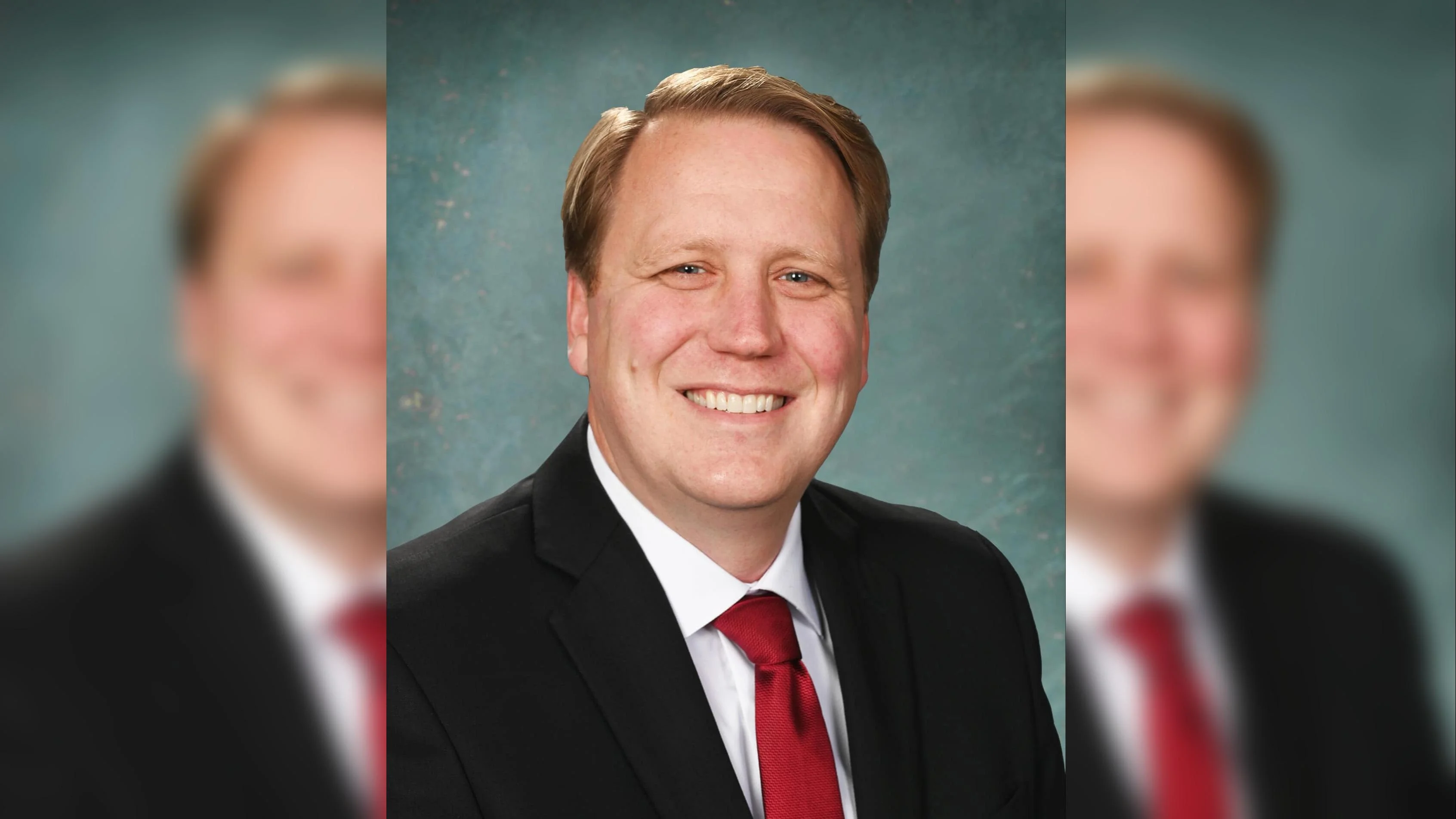Aric Nesbitt, Michigan State Senator from 20th District | Official Website
Aric Nesbitt, Michigan State Senator from 20th District | Official Website
Senator Aric Nesbitt, a Republican member of the Michigan State Senate, made several posts on July 18, 2025, addressing public safety cooperation agreements and recent federal economic policies.
In a post published at 12:38 p.m. UTC, Nesbitt commended a local law enforcement agency for its collaboration with U.S. Immigration and Customs Enforcement (ICE), stating: "The Metro Police Authority is leading the way becoming the first Mid Michigan agency to sign a cooperation agreement with @ICEgov
Thank you for choosing public safety over politics! ALL departments should be signing this agreement." The Metro Police Authority serves multiple jurisdictions in mid-Michigan and has recently entered into an agreement to cooperate with ICE on immigration enforcement matters.
Later that day at 1:04 p.m. UTC, Nesbitt referenced proposed federal tax changes impacting auto loans under former President Donald Trump’s administration. He wrote: "HUGE! Auto loan tax cuts in President Trump's 'Big Beautiful Bill' are about to save buyers THOUSANDS:" While details of the bill were not specified in his tweet, it refers to legislative efforts aimed at reducing taxes related to automobile financing as part of broader policy proposals from Trump’s administration.
At 5:57 p.m. UTC, Nesbitt addressed public perceptions of the economy amid ongoing political debates. He posted: "Despite the hysteria being pushed by Democrats and the media -
Consumer sentiment is RISING as people start to see President Trump’s America First policies in action. " According to recent data from surveys like those conducted by the University of Michigan's Surveys of Consumers, consumer sentiment has shown fluctuations over time based on economic policy changes and public perception (https://www.sca.isr.umich.edu/).
Nesbitt’s statements reflect current debates around law enforcement partnerships on immigration issues and ongoing discussions regarding national fiscal policy initiatives.
###

 Alerts Sign-up
Alerts Sign-up